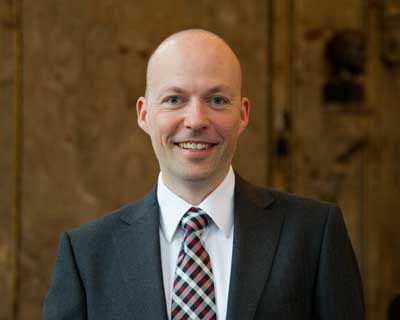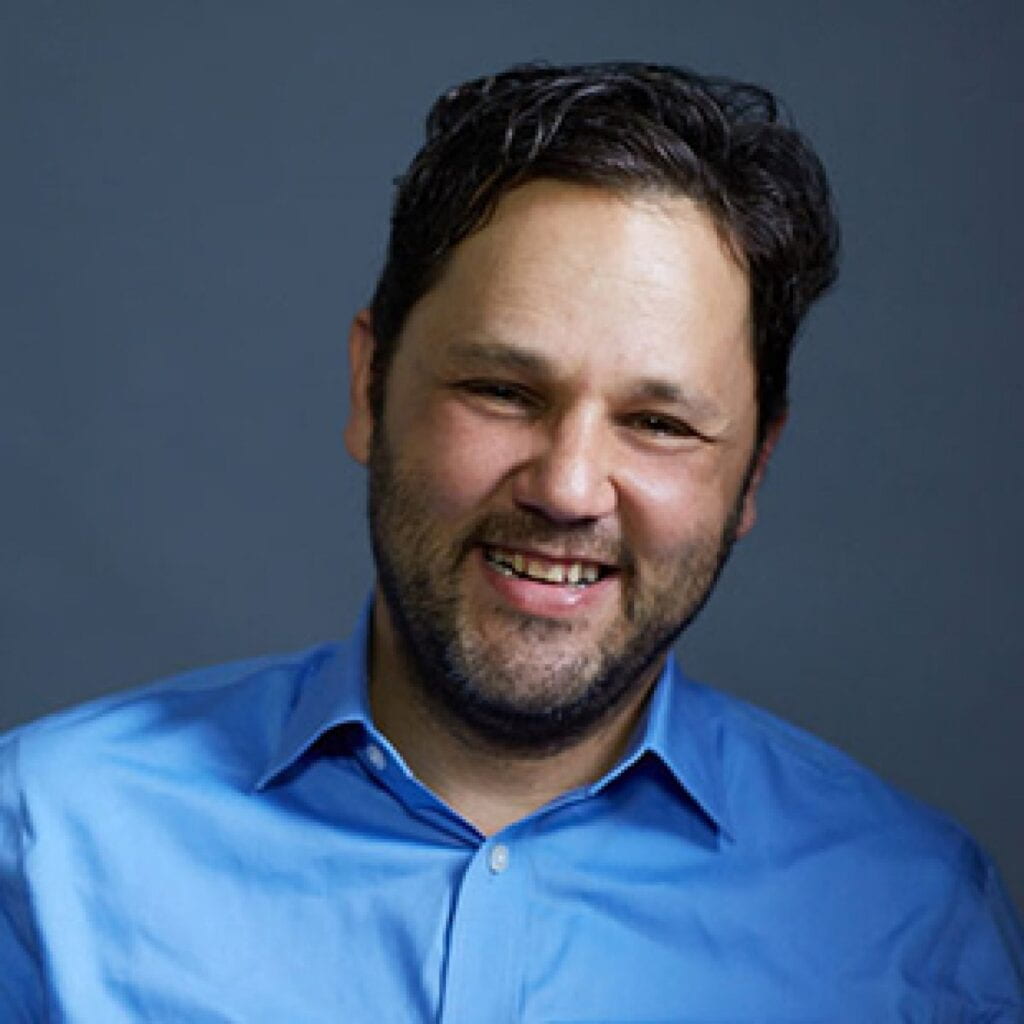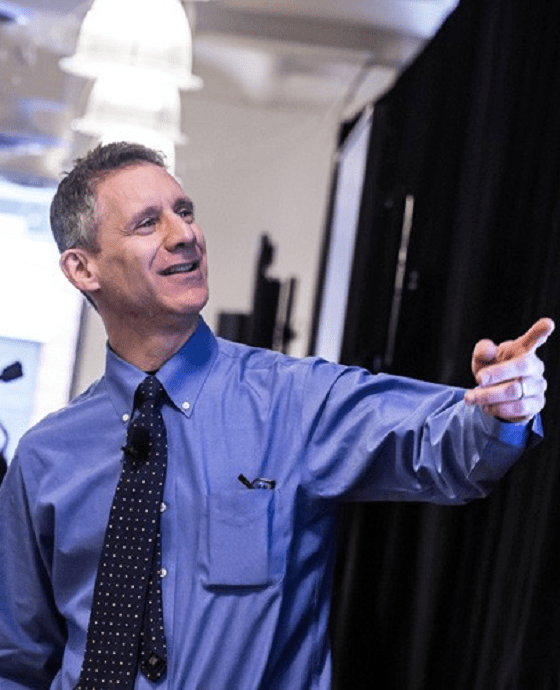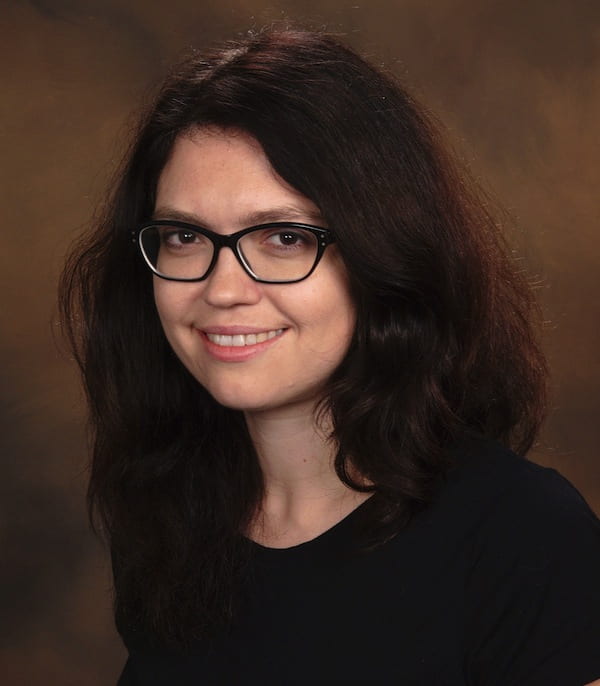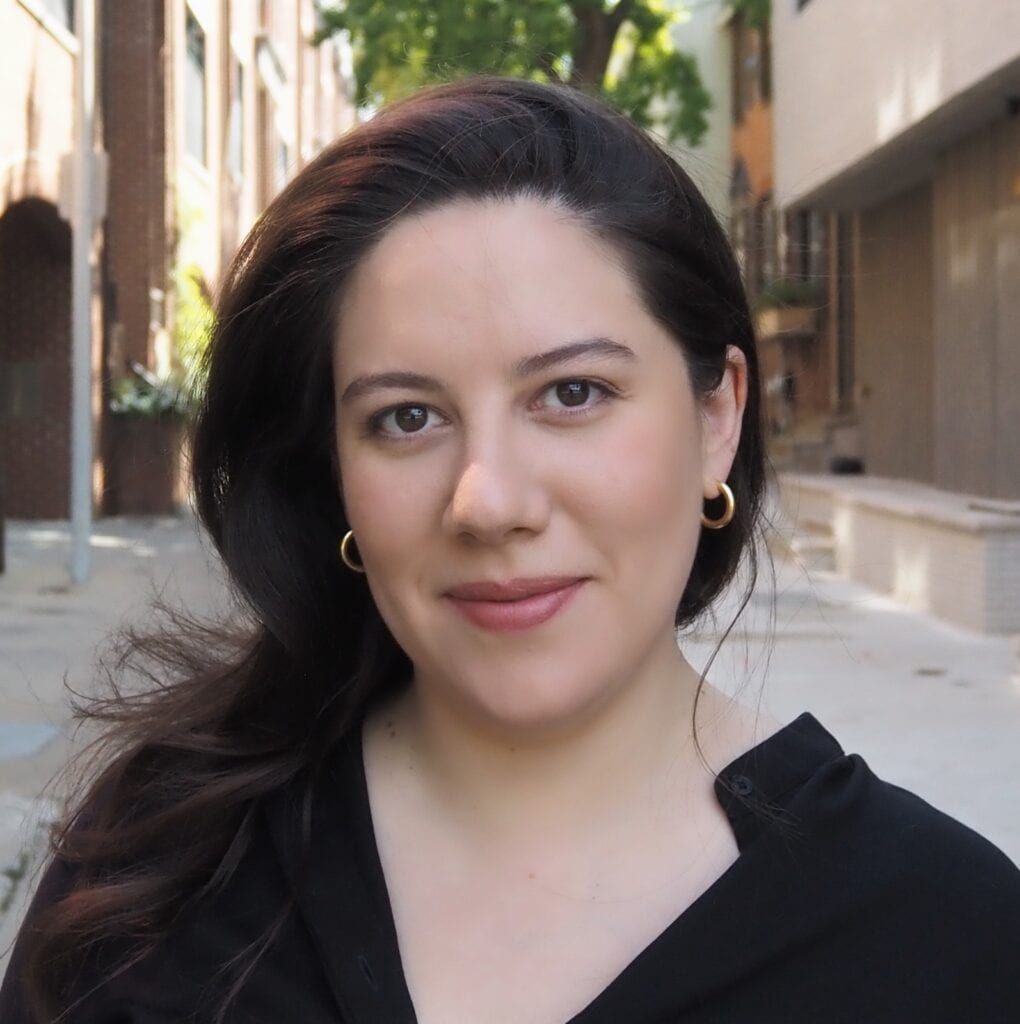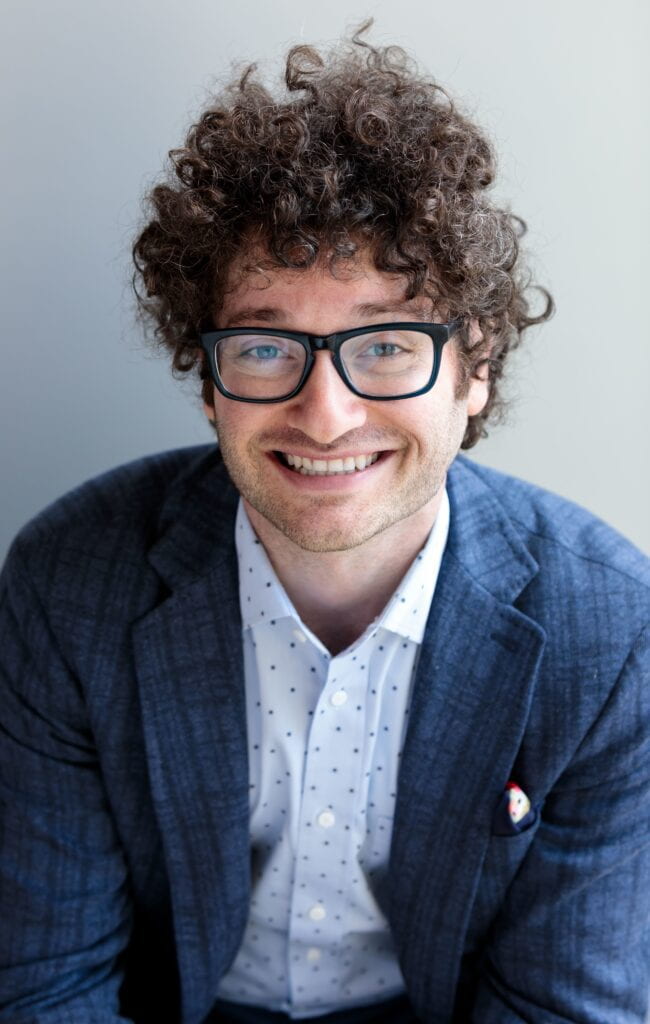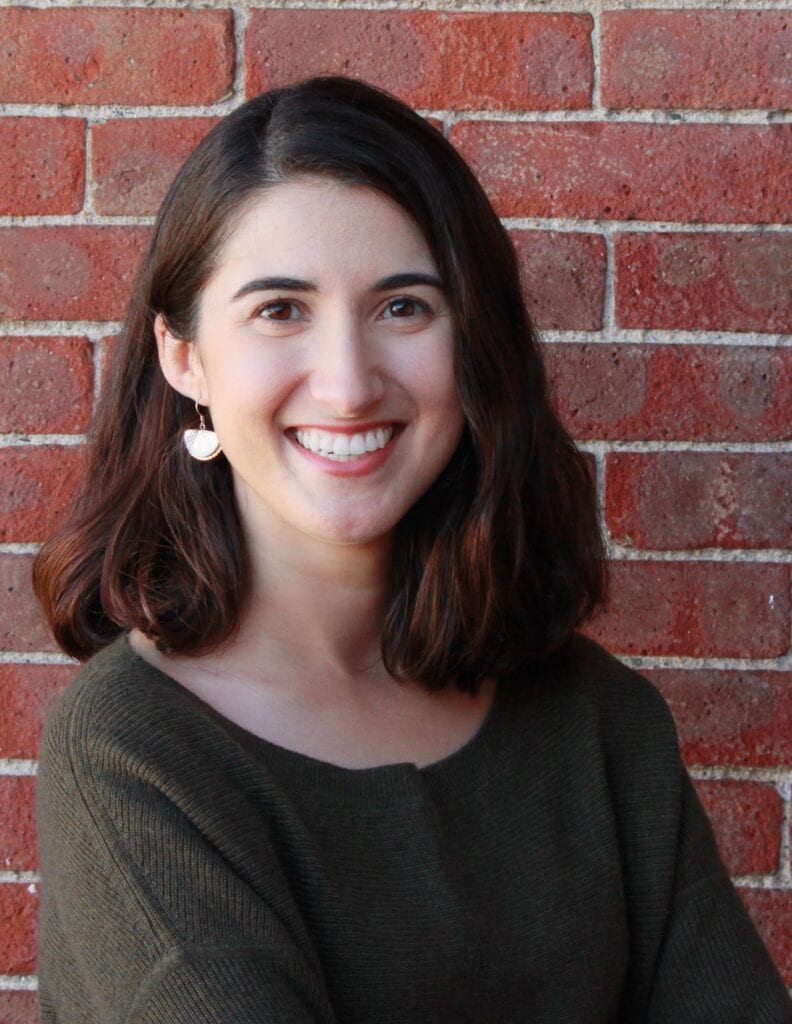
Date: March 28th, 2024 (12:30 pm – 1:30 pm)
Speaker: Maria Abascal
Paper Title: “Diversity and Prosocial Behavior Across NYC Neighborhoods: Evidence from a Lost Wallet Experiment” with Shannon Rieger (NYU) and Delia Baldassarri (NYU)
Abstract: How is prosocial behavior toward strangers affected by context? Urban scholars have traditionally emphasized the detrimental role of socioeconomic deprivation and physical and social disorder. Recent work has shifted attention to ethnoracial diversity. However, design and data limitations curb the inferential capacity of previous studies, especially with respect to the negative effect of ethnoracial diversity on prosocial behavior. We use a lost wallet experiment to improve on past studies by (1) sampling neighborhoods in order to distinguish ethnoracial heterogeneity from minority share and socioeconomic status, and (2) specifying the intended target of prosocial behavior, which we accomplish by experimentally manipulating the race/ethnicity, socioeconomic status, and prosocial inclination of the wallet owner. Roughly 1,860 wallets were distributed in 62 purposively sampled NYC neighborhoods in the spring of 2023. We find that ethnoracial diversity is weakly positively related to return attempts, whereas observed neighborhood disorder and socioeconomic deprivation are negatively related to return attempts. Recipients from different ethnoracial and socioeconomic backgrounds are neither more nor less likely to elicit return attempts, but recipients who exhibit a prosocial inclination themselves elicit more such attempts. Our findings underscore the importance of the contextual factors highlighted by a rich tradition of urban research while casting doubt on the provocative claim that ethnoracial diversity per se undermines prosocial behavior.
Bio:
Maria Abascal is an Associate Professor of Sociology at New York University. She received her PhD in Sociology and Social Policy from Princeton University, and completed a postdoc in the Population Studies and Training Center at Brown University.
Broadly, she is interested in intergroup relations and boundary processes, especially as they pertain to race, ethnicity, and nationalism. Most of her research explores the impact of demographic diversification—real and perceived—on intergroup relations in the United States. She draws on a range of quantitative methods and data sources, including original lab, survey, and field experiments.
Ongoing projects examine the relationship between racial/ethnic diversity and cooperation, boundary-drawing in the wake of diversification, and lay understandings of “diversity.”
